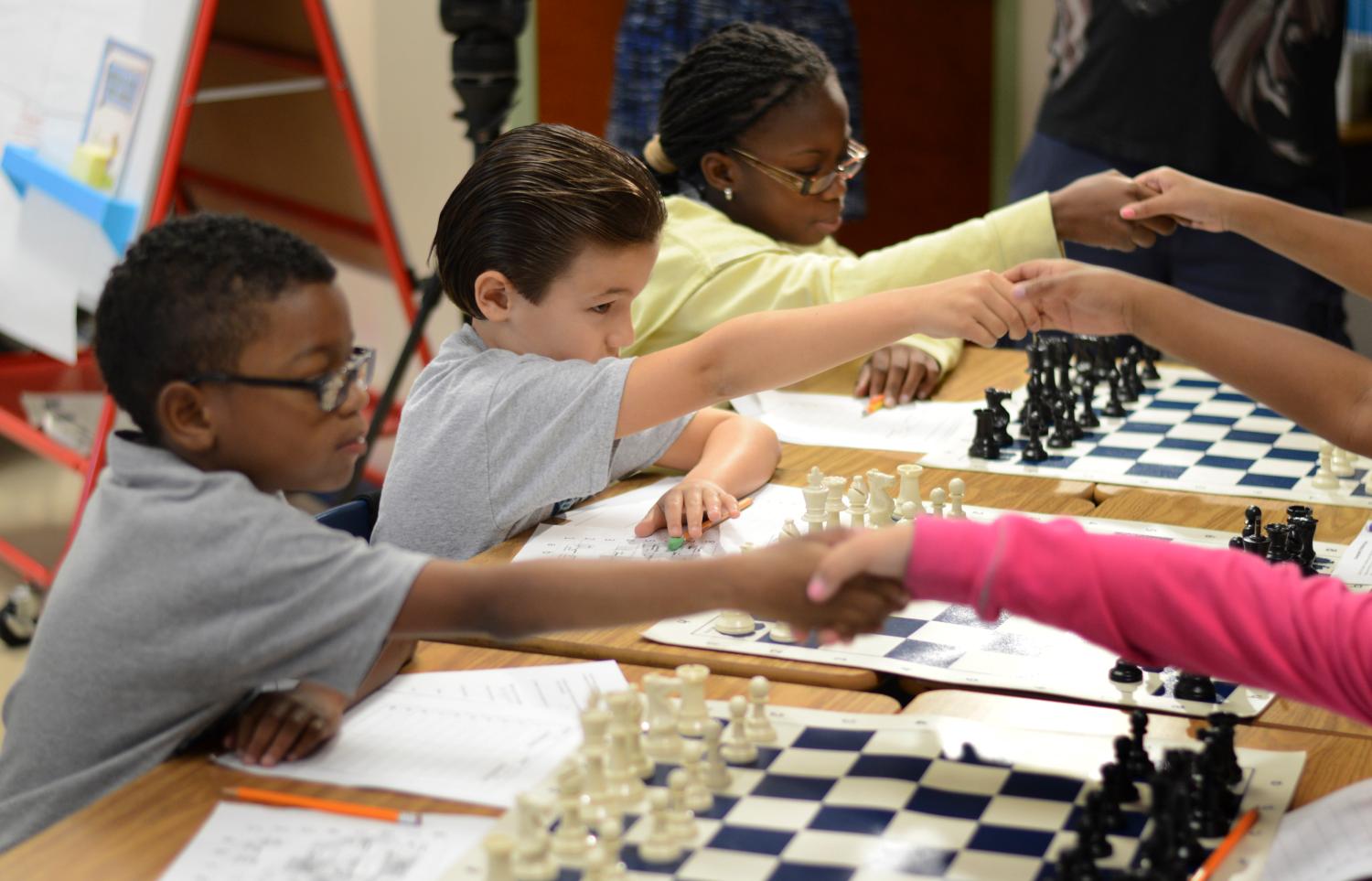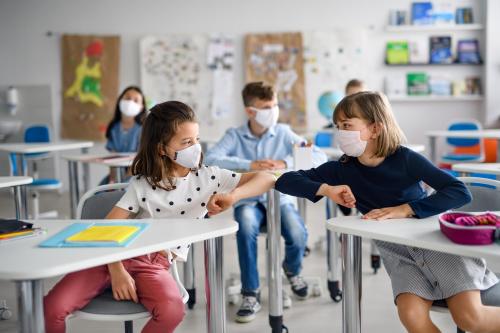Last week, founder and CEO of Success Academy Charter Schools Eva Moskowitz appeared at Brookings to discuss the network of New York City schools that is known for generating glowing headlines as well as heated debate. In opening the first Success Academy in Harlem in 2006, Moskowitz sought to solve what she views as a critical cause of the crisis in public education in America: boredom. As she stated:
We asked ourselves, if children had the freedom to walk out of the classroom at any moment … would they choose to stay in the room? Was the instruction, were the activities of learning sufficiently engaging? … I actually believe that most kids in America are extremely bored by school. It’s not terribly engaging and interesting. And so we created a school design that really made that front and center. How do we make school unbelievably engaging and interesting?
Data suggest Moskowitz is right to be concerned about boredom in schools. According to a Gallup survey, half of all 13 to 17 year-old students polled in the U.S. admitted to feeling bored at school. Another Gallup poll suggests that this problem becomes more pervasive as students age, given that nearly 80 percent of elementary school students report being engaged with school.
So how do educators and administrators at Success Academy make school more engaging? Moskowitz spoke about a commitment to art, music, and dance, as well as leveraging young children’s natural curiosity to spark a love for science. But she also mentioned games, saying “intellectually stimulating games, are really, really good for kids, and I would argue that chess is one of the most powerful games for children.”
Moskowitz is not alone in believing in the educational powers of chess. In 1786, Benjamin Franklin wrote in The Morals of Chess: The Game of Chess is not merely an idle amusement; several very valuable qualities of the mind, useful in the course of human life, are to be acquired and strengthened by it, so as to become habits ready on all occasions…”
While the evidence of the effects of chess instruction on educational attainment is somewhat mixed, several studies over the past decade have found chess to have positive cognitive effects among a general population of school-aged students, as well as among students with disabilities. Thus, chess in the classroom might be one tactic from the Success Academy’s polarizing playbook that educators and parents across the city and nation can support.
The Brookings Institution is committed to quality, independence, and impact.
We are supported by a diverse array of funders. In line with our values and policies, each Brookings publication represents the sole views of its author(s).



